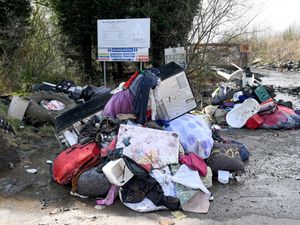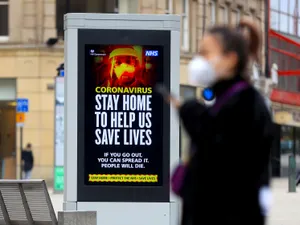Miners' strike 40 years on: Battle lines drawn as dispute spreads to the Midlands
In 1981, the Thatcher government announced proposals to close 23 pits, in a break with the 'Plan for Coal' which had previously been agreed with the union.
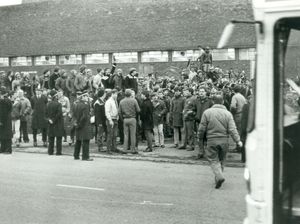
A strike ballot resulted in an 87.6 per cent vote in favour of a walk-out, prompting Thatcher to back down. Gormley called off the strike, but many miners defied him and held an unofficial walk-out anyway.
Gormley turned 65 in 1982, and the previous year an election was held for his successor. It was no great secret that Gormley feared a takeover by the far-left, and some years earlier he had introduced age restrictions on the role of president to ensure that Communist rival Mick McGahey would never be able to succeed him.
But if Gormley thought he had seen off the threat from the Left, he would be in for a rude awakening: By spiking the guns of his old rival, Gormley merely opened the door to the young pretender. Scargill won the election with more than 70 per cent of the vote, and Gormley later admitted he regretted not seeing the threat that Scargill posed.
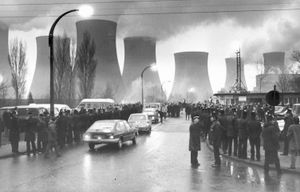
"I didn't realise it at the time but I let a monster out of the bottle," he said.
Scargill made little secret of the fact he was cut from a very different cloth to his predecessor, and spoke openly about his time as chairman of Yorkshire's Communist Youth League and his role on the organisation's executive committee. Many believed that the weight of high office would be a calming influence, this newspaper apparently included. But this quickly proved to be wishful thinking, and within months of the vote he was calling for a strike after the Government offered miners a 9.3 per cent pay rise. A strike was only avoided when Gormley stepped in and urged members to accept the pay offer.
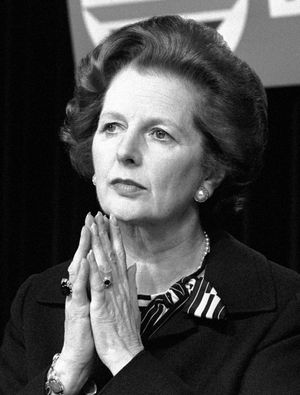
With a self-confessed militant now in charge of one of the country's most powerful union, and a prime minister braced for a showdown, it looked like it was only a matter of time before the two would clash.
Warning shots were fired when the NUM balloted its members for national strikes in January 1982, October 1982 and March 1983, but on each occasion members voted against action. When the NCB offered a pay rise of 5.2 per cent in November, 1983, the union imposed an overtime ban on its members.
Enter into the fray new coal boss Ian MacGregor.
In 1977, in an attempt to revive the nationalised car manufacturer British Leyland, the then Labour prime minister Jim Callaghan head-hunted Scottish-American industrialist MacGregor. The initial plan was for him to serve as a deputy to chief executive Michael Edwardes, but it quickly became clear he would not be content with a merely strategic role. MacGregor claimed to be the man who sacked Derek 'Red Robbo' Robinson, a militant union convenor at the company's Longbridge plant, although accounts differ about this.
His hardline, no-nonsense stance had not gone unnoticed by the new Thatcher government, and in 1980 Secretary of State for Industry Sir Keith Joseph appointed him chairman of British Steel. After inheriting a company that was costing the taxpayer £1.8 billion a year in losses, MacGregor turned the business round to profitability, but this came on the back of a ruthless plant-closure programme, and the loss of 90,000 jobs. His legacy was certainly divisive.
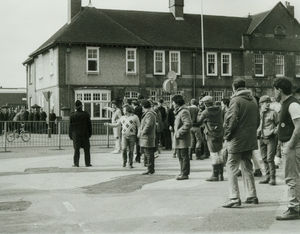
When MacGregor was appointed head of the National Coal Board in 1983, controversy was inevitable. The Government hoped he would do for the coal industry what he had done for British Steel, and make it profitable in the face of falling demand. But that would inevitably mean the closure of unprofitable pits, which had been shutting at an alarming rate since the Second World War.



